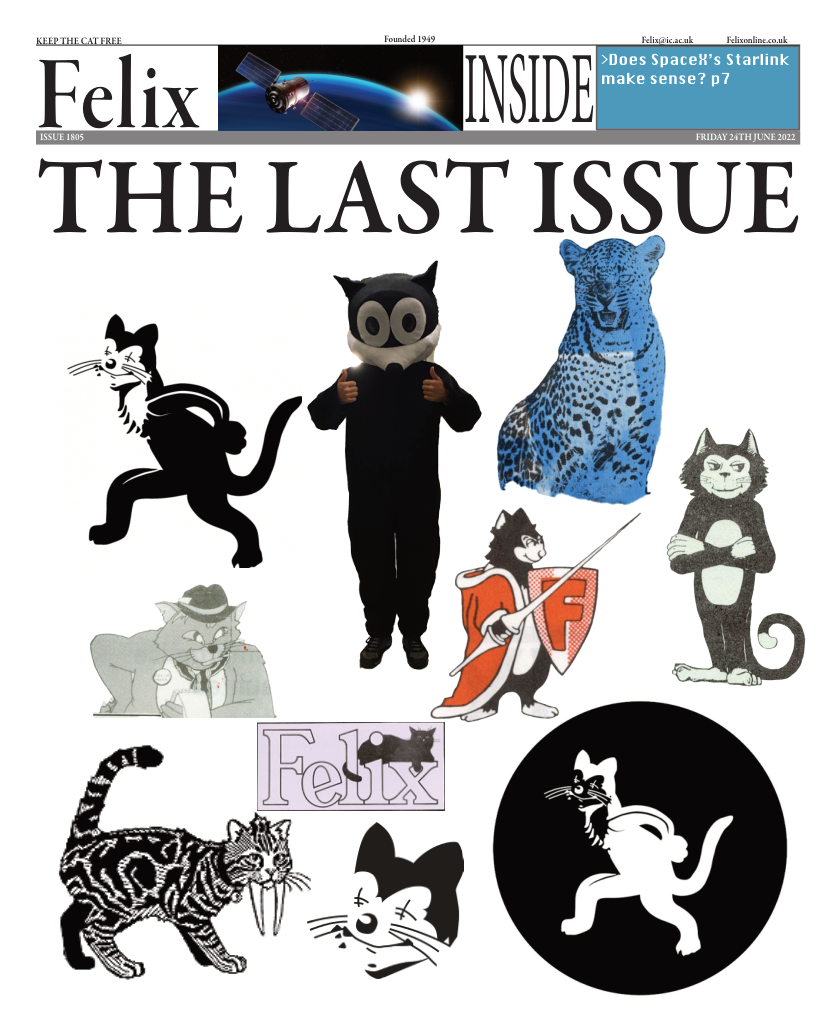Mad House Review
David Harbour and Bill Pullman are the dysfunctional father and son whose love/hate relationship veers on the side of hate a little too often.

Mad House
★★
- What: Comedy
- Where: The Ambassadors Theatre
- When: Until September 4th
David Harbour and Bill Pullman are the dysfunctional father and son whose love/hate relationship veers on the side of hate a little too often. Throw in two more warring siblings and an inheritance up for grabs and you get two and a half hours of bland American psychodrama that is Mad House.
Theresa Rebeck’s new play is less an examination of broken family dynamics and more of a tinpot Arthur Miller that spitters and splutters along like a rusty car into the American Dream sunset. David Harbour is in the driving seat with Bill Pullman sprawled across the passenger seats. It could break down at any moment but it still crawls along forward. Plagued by pacing issues and an uninspired story, the only shining lights are its performances.
Harbour does a good job of harnessing his Stranger Things lovable grouch persona. He plays Michael who is caring for Bill Pullman’s senile father Daniel. Although he has no middle ground, oscillating from quiet to extremely loud and scenery chewing in seconds, Harbour gives him a concrete semblance of an inner life. He works especially well alongside stoic hospice worker Lillian, played by a superb Akiya Henry. Even when their dialogue trudges through half-baked meditations on life, death, and mental illness, both Henry and Harbour are energetic and animated enough to give their characters life.
But much of Michael’s emotional exhaustion rubs off onto the audience who too are tired of Pullman’s antics by the interval. Pullman is the nasty old man who delights in torturing everyone around him. He is given a bland redemption scene towards the climax, but it is not enough to excuse just how annoying he is. The play is relentless in its nastiness; it wants to pull off black humour but is too heavy handed and not witty enough to work it probably, more cringe inducing than funny.
Michael is later joined by his siblings, city boy Nedward (Stephen Wight) and affectless Pam (Sinead Mathews). The three children clash and scream at each other as they unpack their emotional baggage and come to terms with their neglectful father. It is nothing that London theatre audiences have not already seen, expect perhaps not this odiously. Wight has the most moral depth to work with; he has second doubts about excluding Michael from the inheritance, and Wight subtly wrestles with this conundrum. Yet it is overshadowed by his boisterous sister whose hauntingly cold rationalism makes her a cruel antagonist.
The theme of madness is handled with no care or sensitivity leaving a sour aftertaste. Michael’s mental health issues are tossed about like a ragdoll and feel as if they have been thrown in to spice up the plot rather than to investigate the nature of psychosis. But then perhaps I am thinking too deeply as to what is essentially commercial theatre. Posters around London advertising the play only show Harbour and Pullman and do not even name the playwright. The marketing team know what will sell tickets.
If you are a die-hard David Harbour fan than this is for you. If not, then stick to Stranger Things.









